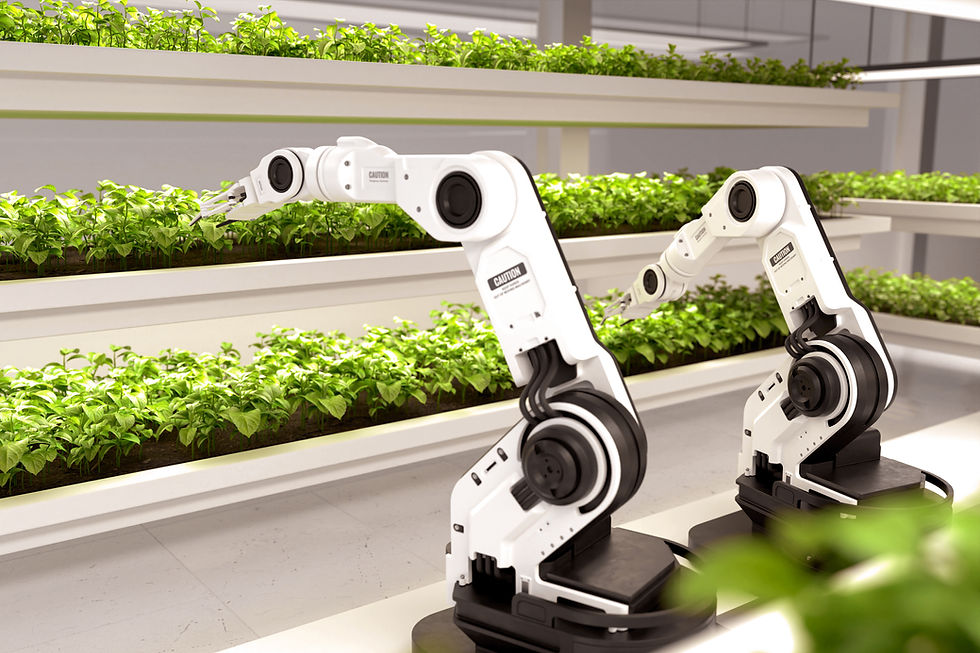Putting Theory into Practice: Real-world Applications of Sustainability
- S M
- Oct 8, 2023
- 2 min read
Introduction:
As we journey further into our "Sustainability Sundays" series, it's time to shift from the foundational pillars of sustainability to its tangible implementation. Today, we'll spotlight real-world applications of sustainable practices that are making a difference, from individual actions to groundbreaking corporate initiatives.
1. Green Building and Architecture:
Modern architecture is embracing sustainability by:
• Eco-friendly Materials: Using reclaimed wood, bamboo, and recycled metal.
• Energy Efficiency: Designing buildings to maximise natural light and using solar panels.
• Water Conservation: Harvesting rainwater and installing efficient plumbing systems.
Insight: Green buildings aren't just good for the environment; they can also be cost-effective in the long run due to reduced energy and water bills.
2. Sustainable Agriculture:
Farmers around the world are returning to sustainable farming practices:
• Organic Farming: Avoiding synthetic pesticides and fertilisers.
• Crop Rotation: Planting different crops sequentially to improve soil health.
• Agroforestry: Integrating trees into crop and animal farming.
Insight: Sustainable farming not only helps in conserving the environment but also produces healthier food and ensures a fair income for farmers.
3. Eco-friendly Transportation:
The transportation sector is undergoing a green revolution:
• Electric Vehicles (EVs): Reducing carbon emissions by running on electricity.
• Bike Sharing: Urban areas offering shared bikes to reduce car usage.
• Public Transport Improvements: Expanding and greenifying public transport networks.
Insight: Transitioning to green transportation can significantly reduce global carbon emissions and decrease pollution in urban areas.
4. Circular Economy in Businesses:
Companies are rethinking how they create and distribute products:
• Zero-waste Manufacturing: Designing processes to minimise waste.
• Product-as-a-Service: Leasing products instead of selling, promoting longer product life.
• Recycling and Upcycling: Repurposing waste materials into new products.
Insight: Circular economy models can be highly profitable while drastically reducing environmental impact.
5. Community-driven Initiatives:
Local communities play a pivotal role in sustainability:
• Beach Clean-ups: Voluntary groups removing plastic waste from beaches.
• Urban Gardens: Community gardens that promote local agriculture.
• Educational Workshops: Training sessions on sustainable living practices.
Insight: Grassroots movements can create a ripple effect, leading to widespread societal change.
Conclusion:
Sustainability is not just a theoretical concept; it's a practical lifestyle. From individual choices to collective actions, from small towns to bustling cities, sustainable practices are reshaping the world we live in.
As we witness this transformative shift, it's essential to understand, adapt, and participate.
Join us next week as we dive into actionable insights for incorporating sustainability into everyday life.




Comments